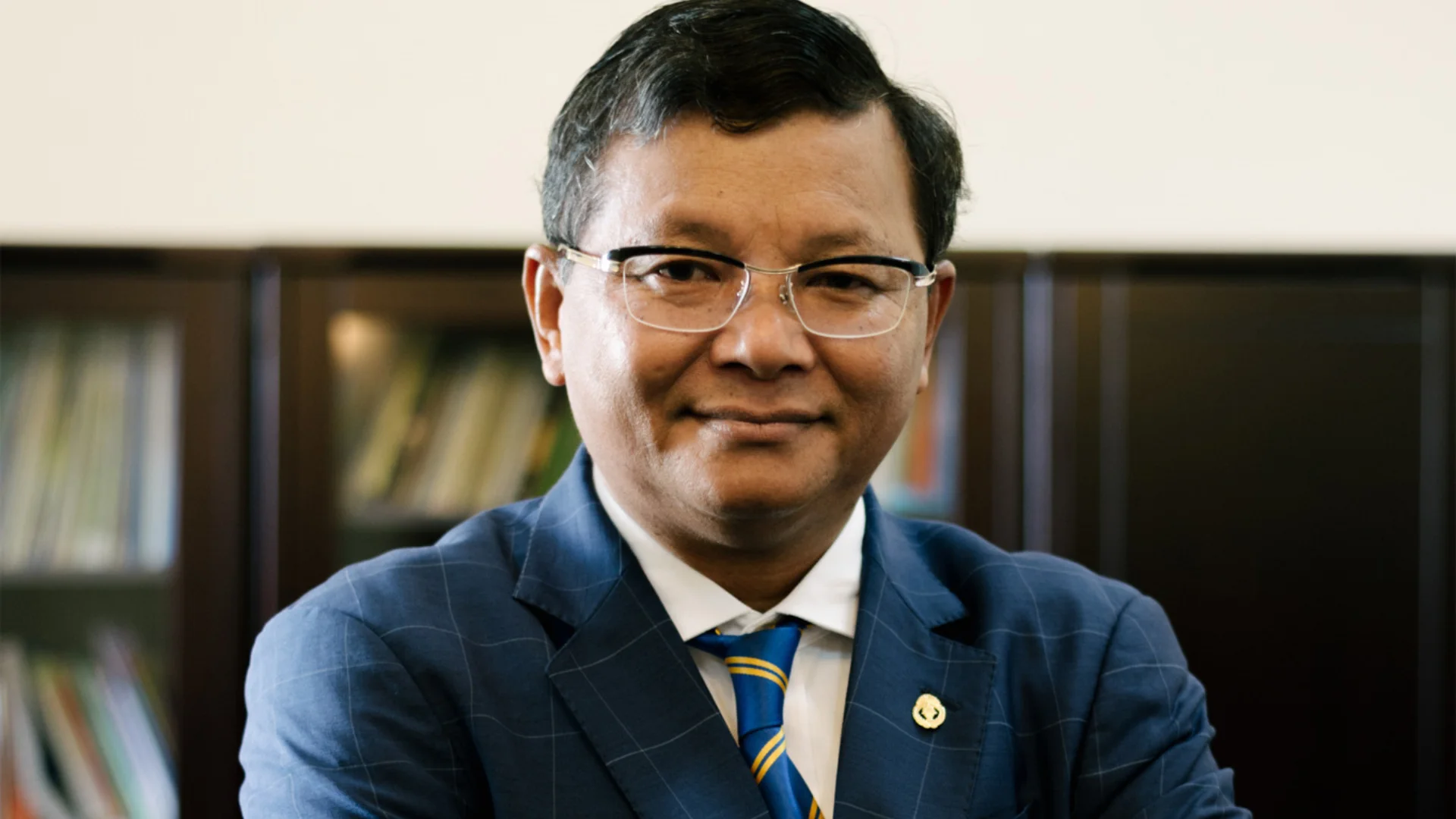Over 1.7 million children in Cambodia are expected to see improvements in their primary education following the approval of the Basic Education Improvement Project by the World Bank. The initiative is backed by a $100 million credit from the International Development Association and a $5 million grant from the Early Learning Partnership Multi-Donor Trust Fund.
The project aims to enhance foundational literacy and numeracy skills in primary schools across Cambodia. It will also increase access to early childhood education and childcare services, improve teaching quality, upgrade school infrastructure, and strengthen education management systems.
“This project reflects the Royal Government of Cambodia’s strong commitment to investing in human capital and ensuring that every child has the opportunity to learn,” said Hang Chuon Naron, Deputy Prime Minister and Minister of Education, Youth and Sport. “By focusing on foundational learning, we are laying the groundwork for a more resilient and prosperous future.”
Despite progress in expanding access to education, assessments indicate that many Cambodian children still lack basic literacy and numeracy skills necessary for further educational advancement or skilled employment. The Basic Education Improvement Project seeks to address these gaps through cost-effective measures based on evidence.
“Cambodia’s long-term growth depends on the strength of its human capital,” said Tania Meyer, World Bank Country Manager. “This project will help children acquire the foundational skills they need to succeed in school and in their future careers. The World Bank is proud to support a stronger, more resilient education system that prepares Cambodian children for the jobs of tomorrow.”
The project includes plans for developing 60 public childcare centers and 60 new preschool classes, supporting working mothers with safe childcare options while promoting school readiness among young children. Approximately 2,200 children aged 0–2 years and 50,000 children aged 3–5 years are expected to benefit from expanded childcare and preschool services. To extend early grade reading and math programs nationwide, over 37,000 teachers will receive mentoring and coaching, while targeted instruction will be provided for students who have fallen behind.
To address overcrowding in schools and improve learning environments, more than 900 new classrooms will be constructed. Schools will also be equipped with gender-separated toilets and hand-washing facilities.

